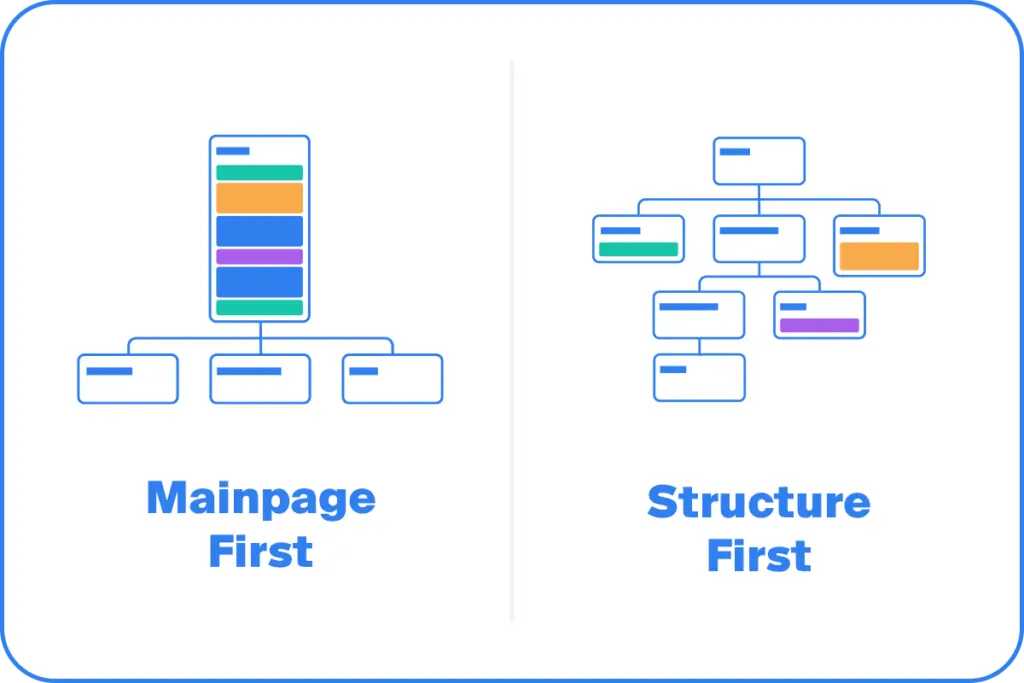A Complete Guide to Unlocking the Potential of Sitemap Generator
A sitemap guides search engines through the maze-like terrain of the internet, where websites are dispersed across digital spaces, making it easier for them to find and index material. Sitemaps are the unsung heroes of web construction; they make sure that search engine crawlers find and comprehend every part of a website. However, creating these elaborate maps by hand may be a difficult undertaking, particularly for big websites with many pages. A sitemap generator can help with this by providing an automated way to make the process go more smoothly.
Understanding the Significance of Sitemaps
Sitemaps are diagrams that display a website’s hierarchy, structure, and URLs. They aid search engines in efficiently crawling and indexing pages, allowing crawlers like Googlebot and Bingbot to find fresh information. This improves a website’s online presence and drives organic traffic, making it more visible in search engine rankings.
The Role of Sitemap Generators
Sitemaps streamline the process of creating XML sitemaps by crawling websites, examining their structure, determining accessible pages, and organizing them into a logical sitemap, making the process easier for intricate websites with dynamic information.
This is a summary of their main purpose:
- Crawling: They mimic the actions of search engine crawlers, which systematically navigate websites to find and examine web pages.
- Indexing: After the pages are found by the crawler, the generator gathers them into an XML sitemap and groups them according to priority, frequency of changes, and last modification date.
- Optimization: A few sophisticated sitemap builders come with optimization tools that let you set crawl depth, include or exclude particular URLs, and prioritize particular pages.
These solutions free up webmasters and developers to concentrate on other facets of website administration and optimization by automating the sitemap generation process.

Key Features to Consider
It’s critical to assess a sitemap’s features and capabilities before choosing one for your website to make sure it fulfills your needs.
Some important factors to consider:
- Crawl Depth: A good sitemap should allow for changes in crawl depth to ensure all relevant pages are included without consuming all server resources.
- Options for Customization: Utilize generators that allow for customization of factors like priority, frequency of changes, and the latest update date, thereby aligning the sitemap with your website’s content strategy and search engine optimization objectives.
- Keep an eye out for Crawl mistakes: Frequently review crawl mistakes and problems that search engines have reported. By quickly fixing these mistakes, you may avoid indexing problems and guarantee that your website will appear as high as possible in search results.
- Optimize for Mobile: Make sure your sitemap is optimized for mobile usability, given the growing popularity of mobile devices. In addition to improving user experience, responsive design and mobile-friendly navigation raise search engine results.
- Make Use of Sitemap Indexing: Consider making a sitemap index file to combine several sitemaps for huge websites. This makes management easier and guarantees that search engines can quickly retrieve all pertinent sitemap files.
Top Sitemap Generator Tools
With so many sitemaps on the market, it might be difficult to select the best one. Here are a few of the best sitemap programs that are well-known for their dependability and effectiveness to make your choosing process easier:
- Yoast SEO: Yoast SEO is a popular WordPress plugin that features a powerful sitemap, automatic XML sitemap creation, customizable options, and Google Search Console integration.
- Screaming Frog SEO Spider: This SEO-focused desktop application crawls websites for comprehensive assessments, generates XML sitemaps for small to medium-sized websites, and offers custom extraction and XPath analysis.
- Google XML Sitemaps: Google XML Sitemaps simplifies WordPress website creation and updates, supporting all types of WordPress-generated sites and updating the sitemap with new content.
- Dyno Mapper: The comprehensive website planning tool suite is ideal for complex websites, offering advanced customization options and reporting tools for creating XML, HTML, and visual sitemaps.
- XML-Sitemaps.com: This web-based sitemap simplifies creating XML and HTML sitemaps for websites of various sizes, with an intuitive interface that allows users to set crawl depth and priority parameters.

Best Practices for Sitemap Management
Although sitemaps make the process of building sitemaps more automated, managing sitemaps well is crucial to maximizing their usefulness. Observe the following recommended practices:
- Frequent Updates: Make sure that any modifications to the content of your website are reflected in your sitemap. To expedite the process, schedule sitemap updates automatically.
- Send Content to Search Engines: After creating a sitemap, use the webmaster tools provided by Google, Bing, and Yahoo to submit it to these and other major search engines. This makes sure that your material is effectively found and indexed by search engine crawlers.
- Follow Up on Crawl Errors: Check for crawl flaws and problems that search engines have reported regularly. By quickly fixing these mistakes, you may avoid indexing problems and guarantee that your website will appear as high as possible in search results.
- Optimize for Mobile: Make sure your sitemap is optimized for mobile usability, given the growing popularity of mobile devices. In addition to improving user experience, responsive design and mobile-friendly navigation raise search engine results.
- Use Sitemap Indexing: If your website is vast and has several sitemaps, you might want to consider compiling them into a sitemap index file. This makes management easier and guarantees that search engines can quickly retrieve all pertinent sitemap files.
Sitemaps are crucial for search engine optimization in the constantly evolving online landscape. A sitemap generator enhances discoverability and visibility, allowing webmasters to navigate the digital landscape confidently, and ensuring their content is visible to search engines and audiences.


